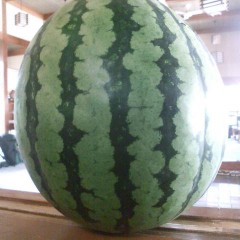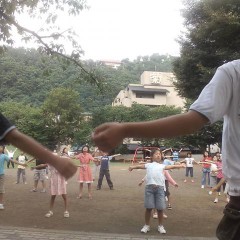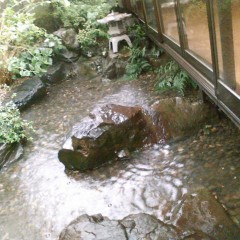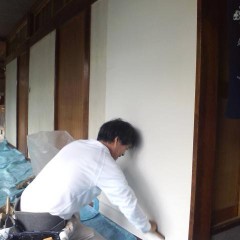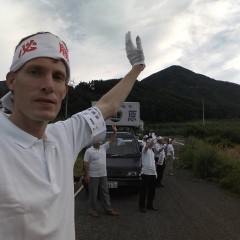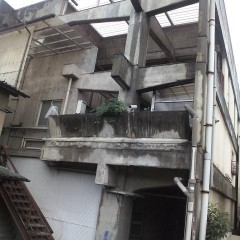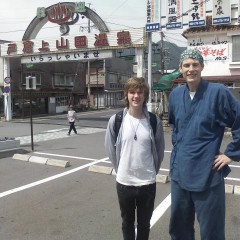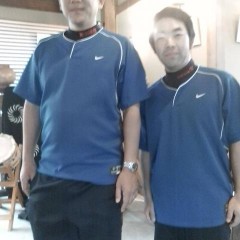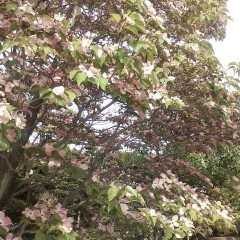先日はN石油の社長だった方が亀清に泊まりました。5ヶ国語が喋れました。やはり国際的な会社の社長らしいと思いました。本人はこの辺で色々なつながりがありましたので引退なされても周りの皆がうんと尊敬していました。
それと比較したら、夕べは全然違うタイプな社長が泊まりました。駅に迎えに行ったら直ぐに信州の悪口を。文句や命令ばかり。まあ、それは良いのですが、夜中に起こされました。本人は飲みに行ったので、飲み屋さんでトラブルを起こしたり、帰りは迷ったり、結局は亀清に着いてもどの部屋か忘れて、ロビーで寝ちゃった。亀清のお客さんの殆どは嬉しい事でもう一人の社長と同じく我が宿の伝統的な落ち着かせる雰囲気の良さ、そして信州の自然の価値、が分かって頂いております。
A few days ago we were honored to host the retired president of N. Oil Corporation. I was impressed to hear he speaks 5 languages. That must be part of being the president of a multinational corporation. Over the years, he's had a lot of connections with the area, and even though he's retired the people here treat him with the utmost respect.
Last night, we had a 'shachou' (company president) from the opposite end of the spectrum. When I picked him up at the train station, he asked why I moved to this dump of a place. When I brought him his meal, he complained, "Hey, Ty [Note: I HATE being called 'Ty'], why do you serve 'maguro' sashimi even though your inn is in the mountains?" [Note: our chef uses an abundance of local ingredients. However, over half of our guests are locals, and they would be disappointed if no 'maguro' sashimi.] I don't mind such opinions, but then this morning we were woken up at 3:15am when he came back from drinking. Apparently he had forgotten to take cash with him, and the barkeep accompanied him by taxi. But he had forgotten which inn he was staying at, and went to the wrong one (a ryokan of my 'senpai', no less), then made it to Kamesei but he had forgotten his room so he slept in the lobby. I really don't want Kamesei's image tarnished by the likes of this guy. How can people here tolerate such a rotten shachou? I am thankful most of our guests are like the first shachou, and appreciate the relaxing atmosphere of our traditional inn.
